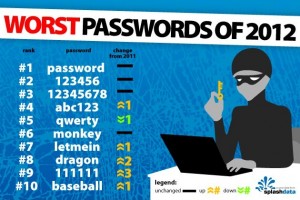
EASST
The European Association for the Study of Science and Technology held its annual conference in August, and a veritable feast of information it turned out to be (as is their website).
In particular though I would like to point readers towards a podcast series, based upon a panel held during the conference.
The podcast series is called Hacker Cultures. From the website:
This year, Covid-19 turned most conferences virtual, so to combat Zoom-fatigue, we decided to try another format and turn a conference session into a podcast. This series comes to you from the 2020 joint Society for Social Studies of Science/European Association for the Study of Science and Technology conference, titled “Locating and Timing Matters: Significance and agency of STS in emerging worlds” which took place from August 18th-21st. Among hundreds of panels, papers and sessions, the Hacker Cultures panel rounded up all sorts of researchers who study what it is to be a hacker, and what hacking, programming, tinkering and working with computers is all about. The hosts of this podcast are Paula Bialski, who is an Associate Professor at the University of St. Gallen, and Mace Ojala, a lecturer at the IT University of Copenhagen. On-site recording and production was done by Heights Beats at Hotmilk Records. The theme song is titled “Rocky” by Paula & Karol. Funding for the editing of this podcast comes from the University of St. Gallen.
The episodes are in the style of an interview rather than a lecture, easy to follow and really interesting.
What is on Offer?
Episode 1: Morgan G. Ames – Throwback Culture: The Role of Nostalgia in Hacker Worlds
Episode 2: Minna Saariketo & Mareike Gloss – In the grey zone of hacking? Two cases in the political economy of software and the Right to Repair
Episode 3: Annika Richterich – Forget about the learning: On (digital) creativity and expertise in hacker-/makerspaces
Episode 4: Alex Dean Cybulski – Hacker Culture Is Everything You Don’t Get Paid For In the Information Security Industry
Episode 5: Jeremy Grosman – Algorithmic Objects, Algorithmic Practices
Episode 6: Stephane Couture – Hacker Culture and Practices in the Development of Internet Protocols
Episode 7: Ola Michalec – Hacking infrastructures: understanding capabilities of Operational Technology (OT) security workers
Episode 8: Sylvain Besencon – Securing by hacking: maintenance regimes around an end-to-end encryption standard
Episode 9: R. Stuart Geiger & Dorothy Howard – ‘I didn’t sign up for this’: The Invisible Work of Maintaining Free/Open-Source Software Communities
Really entertaining, informative and featuring lots of well known experts, 15 to 20 minutes each, well worth a browse.

